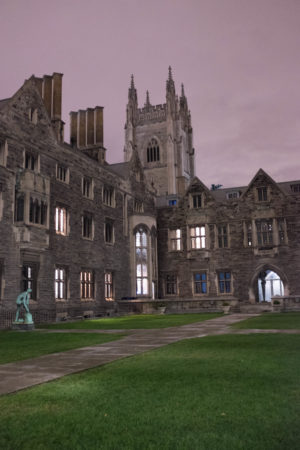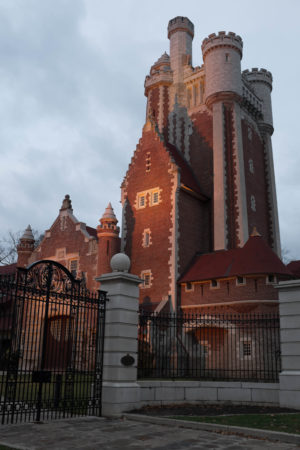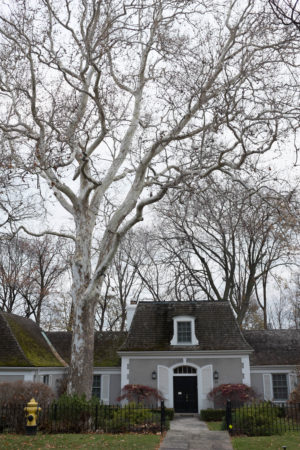“[Alicia] Garza [“a longtime community organizer in Oakland and a major figure within the Black Lives Matter movement” (p. 57)] celebrated that the progressive movement had grown more strident, more self-confident in its demands, more determined to hold leaders accountable. But she wondered if, in the bargain, the movement had acquired a narrowness that kept it smaller than it had to be. She wanted an expansionary progressivism that followed the example of Power [People Organized to Win Employment Rights, a San Francisco activist organization] fighting gentrification in San Francisco: being unflinchingly radical and, at the same time, making space for the non-radical.
“Because crisis is here now, and because we haven’t done the work we’ve needed to do over the last thirty years to actually build a left in this country that is viable, even as we pursue that, we are going to have to figure out who else we can work with in order to get a little bit closer to what we’re trying to do,” she told me. “That doesn’t mean we abandon the project of building the left, and in fact it actually brings into focus how necessary it is. But in the meantime, we can’t just continue to be small.” She often repeated a line picked up from a fellow activist about how the left needs to stop trying to be the god of small things.
“We have to be a lot more selective about who can’t come,” Garza said. “You would think, listening to certain people, that every-fucking-body in this country is on some organized left. It’s just deeply not fucking true. We are so small in relationship to the breadth of where 300-plus million people are politically. We need to understand that in a deep way.”
With that assertion, Garza distinguished herself from a certain strain of her fellow progressives who argue that their policies would be overwhelmingly popular and readily received among those who would obviously benefit from them, but for the corporate media thwarting them and the powerful lobbies blocking their policy proposals, along with the legislators they buy. Garza saw it differently. The ideas in many cases had both a powerful-enemies problem and, partly because of the exertions of those enemies and partly because of primordial realities of American political culture, a lay-public-opinion problem.
For Garza, this was a hard-earned lesson going all the way back to Bayview. It was true that powerful developers and their allies in the city’s power structure wanted to gentrify the area as precipitously as possible. And one could casually assume that the regular people in the area wanted to resist what was being done. But Garza and her colleagues realized that they had both a special-interests problem and a popularity problem. Many of the residents, particularly older Black people who deplored the area’s descent into drugs and violence, were open to the promises of those heralding change. It wasn’t enough to push back against the powerful. You have to be hard on yourself about just how popular your ideas were, assume they were less rather than more popular, and work like hell to make them popular.
In her memoir, she writes that too many of her political allies seem to enjoy the cozy homogeneity of their ranks, instead of viewing that as a problem of smallness. They believe
that finding a group of people who think like you and being loud about your ideas is somehow building power… And while I feel most comfortable around people who think like me and share my experiences, the longer I’m in the practice of building a movement, the more I realize that movement building isn’t about finding your tribe—it’s about growing your tribe across difference to focus on a common set of goals.
“There’s a purism that can come with social justice work,” Garza told me in one of our conversations, “and that purism, unfortunately or fortunately maybe, is actually pretty detrimental to getting things done.” But it was also complicated, she hastened to add. There were bridges too far. You probably don’t want to end up in a partnership with Jared Kushner just because you favor prison reform. When it comes to coalitions, she said, “you do have to assess at any given moment the amount of risk you are willing to take and the potential impacts of those risks. And if the impacts of those risks are not just about being scared about what people are going to say about you, because you’re making unconventional relationships, but actually that you are enabling a really nefarious and dangerous set of values and principles and people, then you need to say no to those things.[“]
“For me, this isn’t about catering to the middle,” she said. “And it’s also not about beating up on the left. It’s just a longing that I have for us to be more effective and to actually want to win, really want to win. And be willing to do what we need to in order to get there. And so much of what I think is missing is a smark assessment of the landscape that we’re operating in.”
Giridharadas, Anand. The Persuaders: At the Front Lines of the Fight for Hearts, Minds, and Democracy. Knopf, 2022. p. 68-70 (italics in original)






